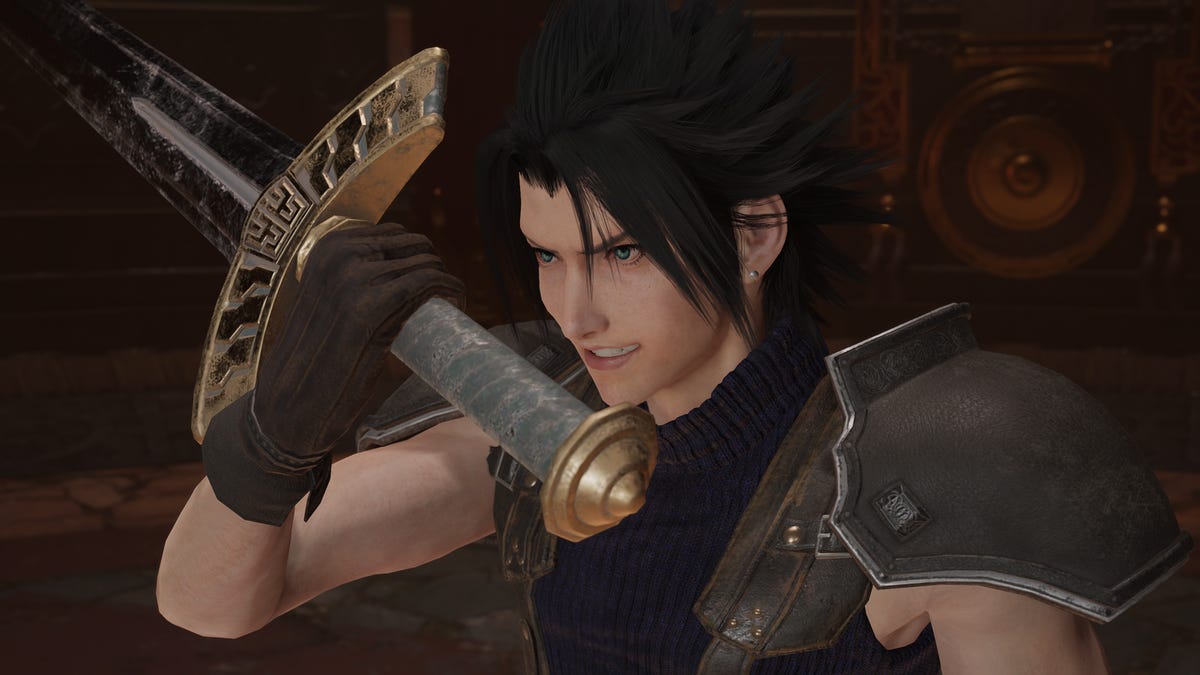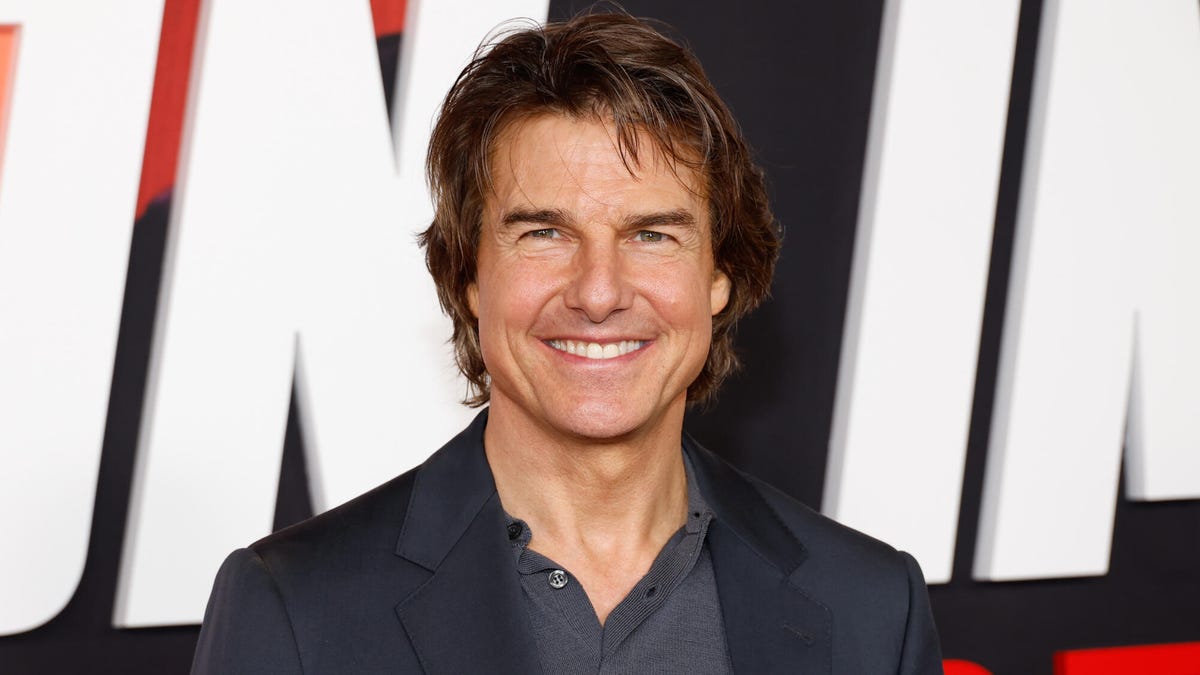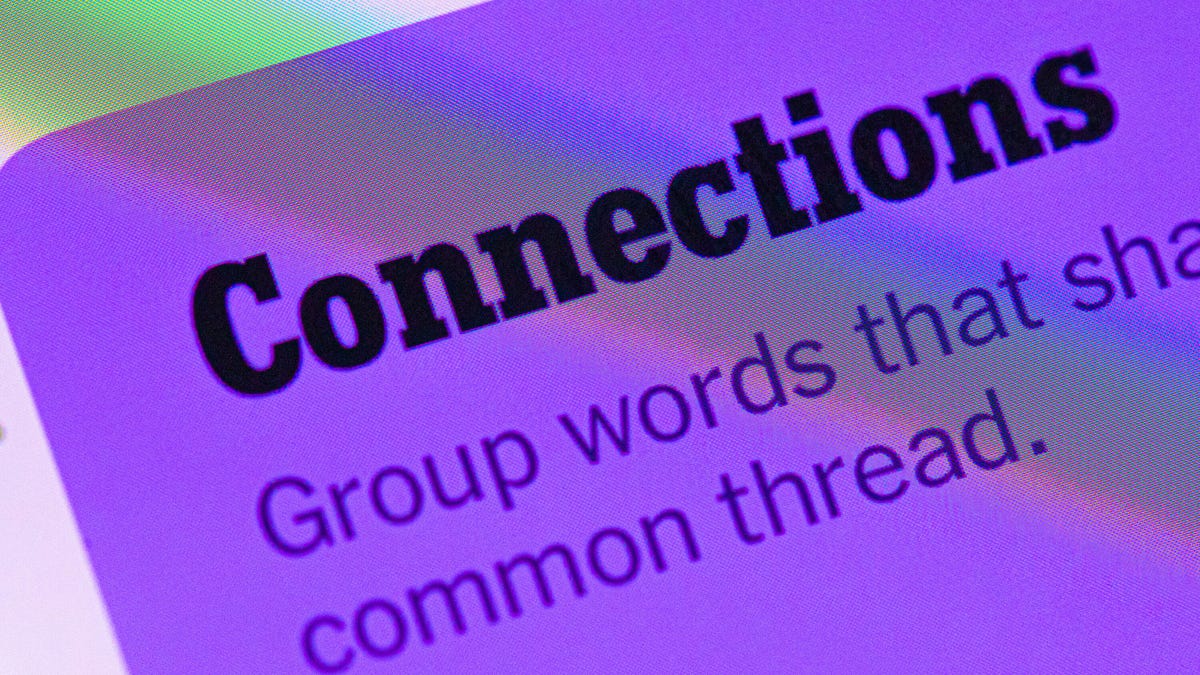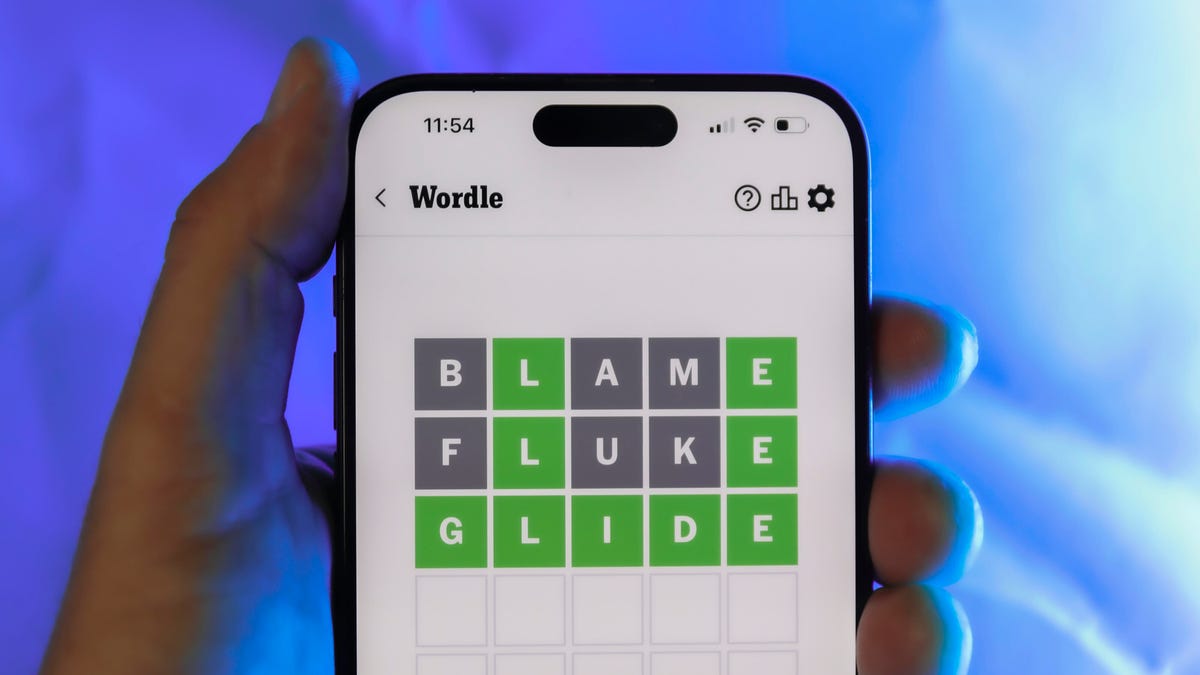Technologies
Crisis Core Reunion Is a Magnificent Final Fantasy 7 Classic Remastered
Review: Zack Fair’s beautifully 2007 spinoff adventure escapes Sony’s PSP, and Square Enix has brought it in line with Final Fantasy 7 Remake.

Final Fantasy 7 fans were ready to eat well back in the mid-noughties, as developer Square Enix released several spinoffs expanding the universe of the legendary 1997 PlayStation RPG. Unfortunately, most of the new stories — like PS2 shooter Dirge of Cerberus and CGI movie Advent Children — turned to be fast food next to the delicious and nutritious meal that was Final Fantasy 7.
The sole exception was the excellent 2007 action-RPG Crisis Core. This prequel cast you in the role of Zack Fair, a character with a small-but-crucial role in Final Fantasy 7’s main story, and explored his career as a member of megacorporation Shinra’s Soldier paramilitary group.
It offered roughly 25 hours of main story gameplay, a solid chunk of side missions and an inevitable emotional gut-punch of an ending that seared itself into fans’ brains.
The problem: It was only on PlayStation Portable (the PSP) and remained marooned on Sony’s now-obsolete handheld for more than 15 years. However, after the 2020 Final Fantasy 7 Remake and its downloadable content hinted at Zack’s playing a bigger part in the upcoming Rebirth, Square Enix is finally letting a new generation of gamers dive into Crisis Core.
Crisis Core: Final Fantasy 7 Reunion hit PS4, PS5, Xbox One, Xbox Series X|S, Nintendo Switch and PC on Tuesday. I’ve played a chunk of the game on PS5, and found this remastered classic to be a nostalgic joy.
Initially, I thought this was just the PSP game with some modern flourishes — 3D character models, upgraded environments and the ability to finally play it on a massive TV screen (or mirror the handheld original on Switch). Some of the prerendered cutscenes aren’t as well remastered, with graphical artifacts occasionally marring the image.
As I played, it became increasingly clear that Square Enix had made more subtle changes as well; developers have brought the combat closer to the Remake’s beautiful flow. Chaining physical, magical attacks and summoning god-like beings who perform super attacks feels natural and smooth — partially because all the modern systems’ controllers have more buttons to use than the PSP — making for a far more pleasant experience than it was in 2007.
You also have a new way to interrupt your most powerful enemies’ biggest attacks, by doing as much damage as possible when they’re charging up. It might not seem like a major addition, but it adds a layer of strategy to boss encounters you might otherwise have played defensively.
The slot machine-style Digital Mind Wave system that periodically gives you bonuses or summons an ally in combat remains inscrutable as ever — it also determines when Zack and his abilities level up. Rest assured that this isn’t random, so it seems that way you just can’t see how much experience points you have. Its link to Zack’s emotional effect also used to great narrative effect at a few key points.
All the cutscenes are fully voice acted now — chunks of the original were text-only — with the Remake’s excellent cast back in their roles. That includes Superman & Lois’ Tyler Hoechlin as future villain Sephiroth, who’s a pretty chill (if a bit aloof) dude for much of this game.
However, for good or ill, Crisis Core Reunion is fundamentally the same game we got in 2007. It’s still divided into easily digestible story chapters where Zack goes out on assignments for Shinra, unlocking bite-size missions along the way — it can’t quite shake off its roots as a portable game designed for quick sessions.
It feels a little stop-start in the early hours, especially as the game’s various systems are introduced to you, but you’ll soon get into the groove.
The gameplay loop of doing a chapter, then blasting through a bunch of unlocked missions and talking to the various characters in the hub around Shinra headquarters is satisfying — similar to Mass Effect, another classic 2007 RPG. It’s basically a few rooms and streets, greatly enhanced by the game’s magnificent art direction (without the slow loading of the PSP version).
Zack is also an ultra-charismatic protagonist, and his enthusiasm is a breath of fresh air compared to Final Fantasy 7’s moody Cloud. Fans who know about the relationship between these two will find getting to know Zack particularly rewarding.
The other characters are a mixed bag — Zack’s Soldier mentor Angeal is so stiff that I practically drift off whenever he’s on screen, and main villain Genesis is a dorky Sephiroth wannabe. The voice actors do their best, but the writing around these two just isn’t compelling. However, Cloud and Aerith make up for it when they enter the story.
And seeing the early adventures of these gaming icons, and how Zack helped to shape them, is the best reason to play Crisis Core Reunion. It’s still a 2007 PSP game at heart (as evidenced by the beautiful mid-noughties flip phones), but Square Enix’s ambition made it one of the best games on that system. I’m so glad it’s not trapped there any more. It’s a game every Final Fantasy 7 fan needs to play before Rebirth arrives late next year.
Technologies
Tom Cruise and Brad Pitt Trade Blows in Latest AI Slop Video, and Hollywood Won’t Stand for It
While some Hollywood icons are feeling doom and gloom over the AI-generated clip, labor unions are fighting back with legal threats.

Brad Pitt and Tom Cruise are trading blows in a viral AI-generated clip on social media, sparking backlash from the film industry. Chinese company ByteDance’s new video generation model, Seedance 2.0, allowed people to create fictional videos of real likenesses with short prompts. Irish filmmaker Ruairi Robinson used two lines to generate the clip of Pitt and Cruise fighting.
If ByteDance sounds familiar to you, it’s because the company also owns TikTok internationally, though it recently sold its US ownership of the social media and video-sharing platform to US companies. Oracle, MGX and Silver Lake each hold a 15% stake.
The actors in this latest viral AI slop video still don’t look like perfect re-creations — close-up shots of the fake Brad Pitt’s face, especially, have an «uncanny valley,» dreamlike AI look where the cuts blend into his flesh a little too smoothly. However, a CNET survey from earlier Tuesday showed that while 94% of US adults believe they encounter AI slop on social media, just 44% say they’re confident they can tell real videos from AI-generated ones.
One of the most inflammatory parts of the Pitt-Cruise video is the dialogue, as the computerized facsimiles of the actors fight over a supposed assassination plot regarding Jeffrey Epstein, the convicted sex offender who maintained ties to rich and powerful people worldwide. The two actors’ likenesses became a vehicle to push conspiracy theories that have been picking up steam as the millions of pages of redacted emails, receipts and other documents that make up the Epstein files continue to trickle out of the US Department of Justice.
Hollywood is fighting back as AI-generated content consumes and spits out actor likenesses and copyrighted content alike. Major studios and their labor forces alike have united to push back against the precedent set by the viral AI video.
According to The Hollywood Reporter, the Motion Picture Association demanded that ByteDance «immediately cease its infringing activity» through Seedance. SAG-AFTRA, the labor union that represents Hollywood performers, released a statement on Friday saying it «stands with the studios» in condemning the Seedance video generation model.
The Screen Actors Guild specifically pointed to Seedance’s unauthorized use of members’ faces, likenesses and voices as a threat that could put actors out of work.
«Seedance 2.0 disregards law, ethics, industry standards and basic principles of consent,» the actors’ guild said in its statement.
Representatives for the MPA and SAG-AFTRA didn’t immediately respond to a request for comment.
Similar videos generated by Seedance have depicted Star Wars characters dueling with lightsabers as well as Marvel superheroes Spider-Man and Captain America brawling. Disney issued a cease-and-desist order to ByteDance on Friday in response to these videos, which it alleges constitute copyright infringement, according to the BBC.
A representative for ByteDance didn’t immediately respond to CNET’s request for comment, but issued a statement to the BBC saying it is «taking steps to strengthen current safeguards as we work to prevent the unauthorized use of intellectual property and likeness by users.»
Following the viral incident, ByteDance updated its tool to prevent people from uploading images of real people for AI-generated content, but it remains to be seen how effective that policy will be. Certainly, it won’t curb the output of videos depicting fictional masked or anthropomorphic characters like Spider-Man or Mickey Mouse.
As AI models continue to create mediocre copies of cultural icons, this won’t be the first — or last — legal battleground for AI video generation.
Technologies
Today’s NYT Connections Hints, Answers and Help for Feb. 18, #983
Here are some hints and the answers for the NYT Connections puzzle for Feb. 18 #983.

Looking for the most recent Connections answers? Click here for today’s Connections hints, as well as our daily answers and hints for The New York Times Mini Crossword, Wordle, Connections: Sports Edition and Strands puzzles.
Today’s NYT Connections puzzle was great fun for me, as I’m the co-author of two pop-culture encyclopedias, one about the 1970s, and 1980s and the other about the 1990s. Two of the categories are retro-themed! Read on for clues and today’s Connections answers.
The Times has a Connections Bot, like the one for Wordle. Go there after you play to receive a numeric score and to have the program analyze your answers. Players who are registered with the Times Games section can now nerd out by following their progress, including the number of puzzles completed, win rate, number of times they nabbed a perfect score and their win streak.
Read more: Hints, Tips and Strategies to Help You Win at NYT Connections Every Time
Hints for today’s Connections groups
Here are four hints for the groupings in today’s Connections puzzle, ranked from the easiest yellow group to the tough (and sometimes bizarre) purple group.
Yellow group hint: Farrah hair.
Green group hint: Totally tubular!
Blue group hint: Bock-bock!
Purple group hint: Can refer to a dairy product or a cosmetic.
Answers for today’s Connections groups
Yellow group: Retro hair directives.
Green group: Retro slang for cool.
Blue group: Chicken descriptors.
Purple group: ____ cream.
Read more: Wordle Cheat Sheet: Here Are the Most Popular Letters Used in English Words
What are today’s Connections answers?
The yellow words in today’s Connections
The theme is retro hair directives. The four answers are crimp, curl, feather and tease.
The green words in today’s Connections
The theme is retro slang for cool. The four answers are bad, fly, rad and wicked.
The blue words in today’s Connections
The theme is chicken descriptors. The four answers are bantam, crested, free-range and leghorn.
The purple words in today’s Connections
The theme is ____ cream. The four answers are heavy, shaving, sour and topical.
Technologies
Today’s Wordle Hints, Answer and Help for Feb. 18, #1705
Here are hints and the answer for today’s Wordle for Feb. 18, No. 1,705.

Looking for the most recent Wordle answer? Click here for today’s Wordle hints, as well as our daily answers and hints for The New York Times Mini Crossword, Connections, Connections: Sports Edition and Strands puzzles.
Today’s Wordle answer is a word I thought I’d seen in Wordle before, but I guess not. The letters aren’t super common, so it may take a few guesses. If you need a new starter word, check out our list of which letters show up the most in English words. If you need hints and the answer, read on.
Read more: New Study Reveals Wordle’s Top 10 Toughest Words of 2025
Today’s Wordle hints
Before we show you today’s Wordle answer, we’ll give you some hints. If you don’t want a spoiler, look away now.
Wordle hint No. 1: Repeats
Today’s Wordle answer has no repeated letters.
Wordle hint No. 2: Vowels
Today’s Wordle answer has two vowels.
Wordle hint No. 3: First letter
Today’s Wordle answer begins with M.
Wordle hint No. 4: Last letter
Today’s Wordle answer ends with L.
Wordle hint No. 5: Meaning
Today’s Wordle answer can refer to an important or powerful person.
TODAY’S WORDLE ANSWER
Today’s Wordle answer is MOGUL.
Yesterday’s Wordle answer
Yesterday’s Wordle answer, Feb. 17, No. 1704 was SQUAD.
Recent Wordle answers
Feb. 13, No. 1700: MOOCH
Feb. 14, No. 1701: BLOOM
Feb. 15, No. 1702: SKULL
Feb. 16, No. 1703: ROOST
-

 Technologies3 года ago
Technologies3 года agoTech Companies Need to Be Held Accountable for Security, Experts Say
-

 Technologies3 года ago
Technologies3 года agoBest Handheld Game Console in 2023
-

 Technologies3 года ago
Technologies3 года agoTighten Up Your VR Game With the Best Head Straps for Quest 2
-

 Technologies4 года ago
Technologies4 года agoBlack Friday 2021: The best deals on TVs, headphones, kitchenware, and more
-

 Technologies5 лет ago
Technologies5 лет agoGoogle to require vaccinations as Silicon Valley rethinks return-to-office policies
-

 Technologies5 лет ago
Technologies5 лет agoVerum, Wickr and Threema: next generation secured messengers
-

 Technologies4 года ago
Technologies4 года agoOlivia Harlan Dekker for Verum Messenger
-

 Technologies4 года ago
Technologies4 года agoiPhone 13 event: How to watch Apple’s big announcement tomorrow
